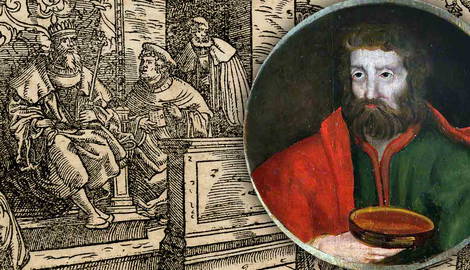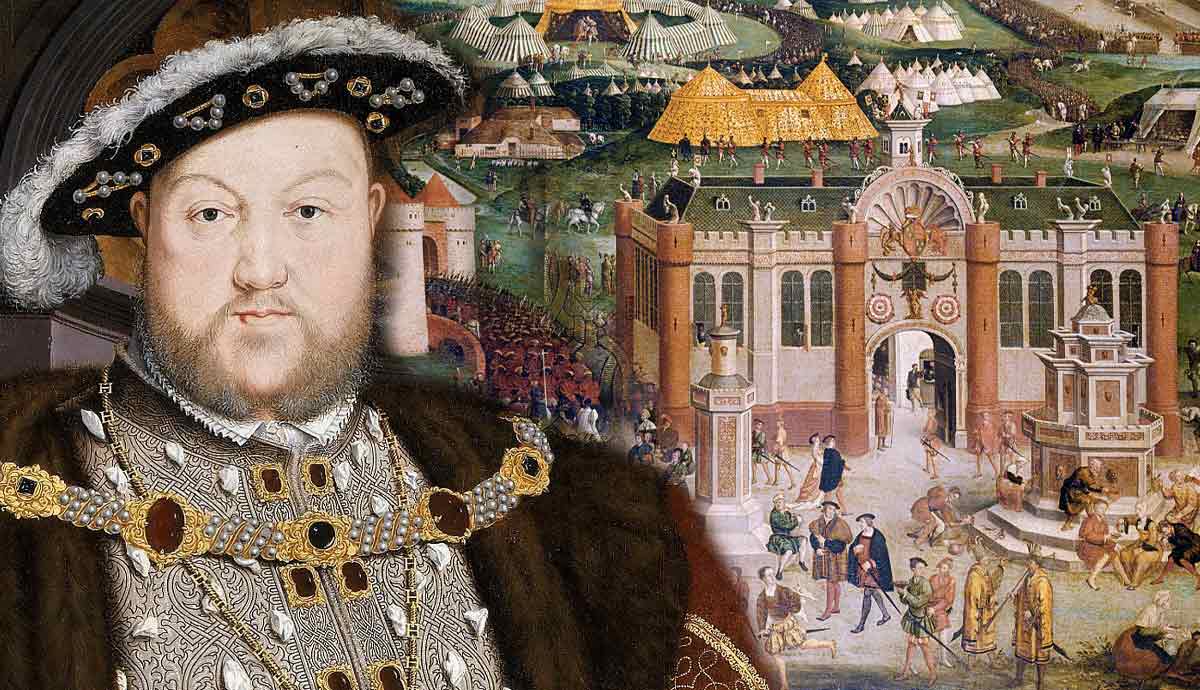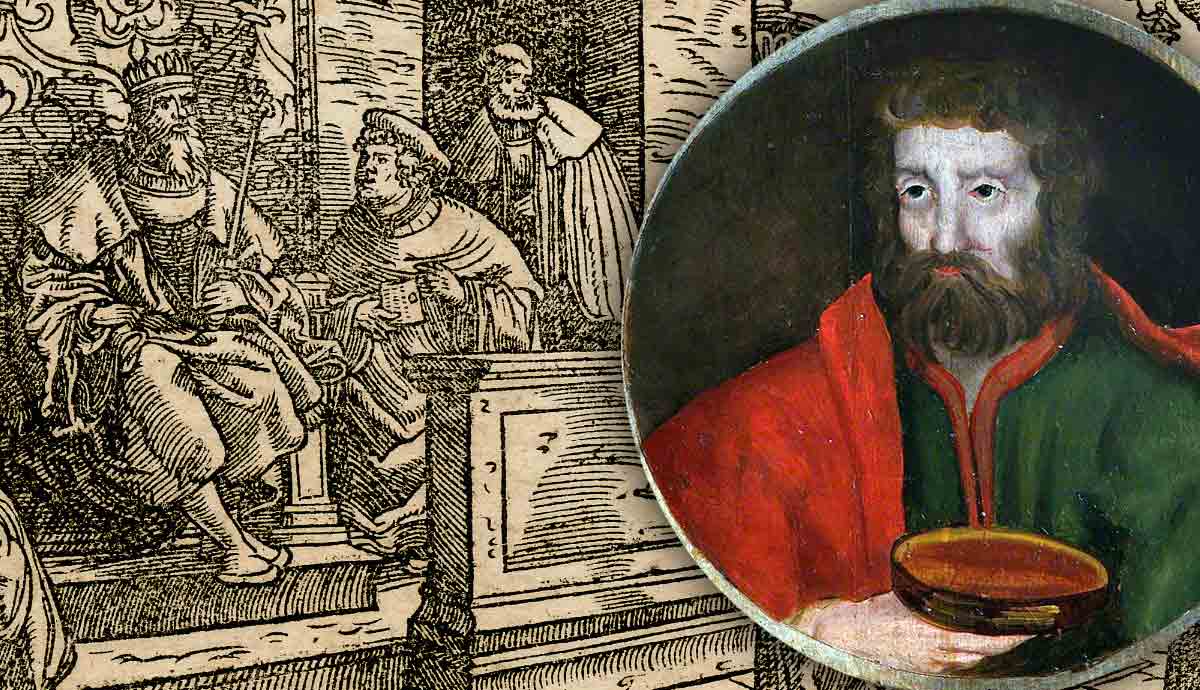
Habakkuk is a unique prophetic work among the Minor Prophets. God did not send Habakkuk to minister to people. Instead, the book details the conversation between Habakkuk and God. The prophet was puzzled by God’s inaction in addressing the sins of Judah, and when he received God’s response, he was even more perplexed, asking for further clarification. Once God answered, Habakkuk understood the big picture and was inspired to utter a prayer of faith, trust, and joy. The instruction from God to write down the revelations suggests that Habakkuk did share his insight with others afterward.
Book of Haakkuk: Authorship and Date
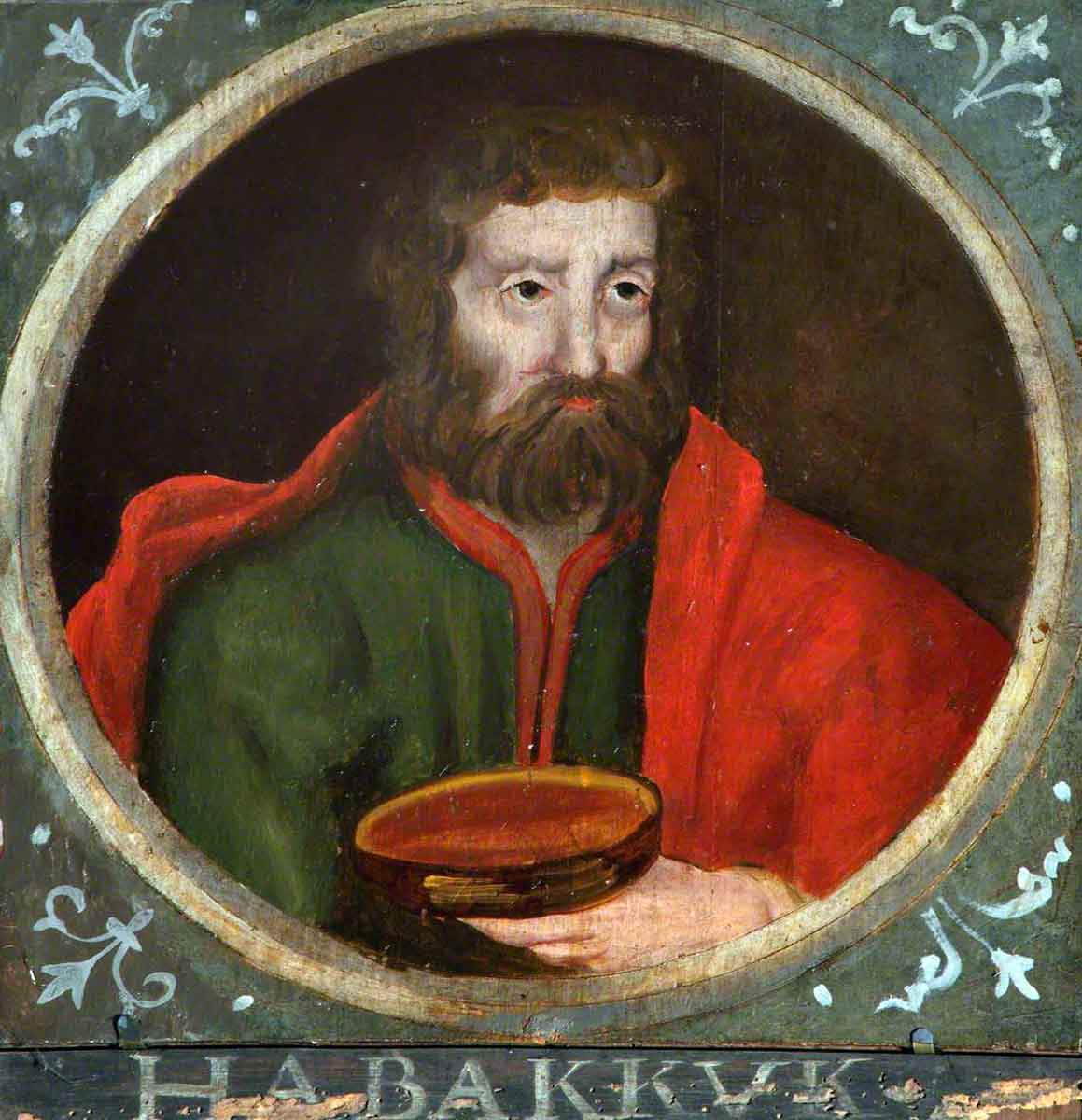
Unlike the other Minor Prophets, Habakkuk does not open his book with an introduction that says who the prophet is, where he was from, when he ministered, or who the rulers of the nation he prophesied to were. Almost nothing is known about Habakkuk, though the apocryphal story of Bel and the Dragon, which appears as Daniel 14 in the Septuagint and Latin Vulgate, mentions him.
Habakkuk mentions the Chaldeans, indicating that he ministered during the rise of the Babylonian Empire. This fact dates his ministry to the reign of Jehoiakim (609-598 BCE) when Nebuchadnezzar II ruled (605-562 BCE) and possibly a little before that time. Some scholars believe Habakkuk prophesied during Josiah’s reign, though some of the sins and injustices the prophet mentions align better with the reign of Jehoiakim. Other scholars allow for a slightly later date that continues to around 588 BCE, making Habakkuk a contemporary of Daniel’s early years in Babylon.
The instructions to write down what God revealed to him suggest that Habakkuk shared the information he had gained with the people of Judah. Little time elapsed between Habakkuk having his conversation with God and when many of the events occurred. Habakkuk likely shared his new-found insights as soon as he received them.
Historical Context
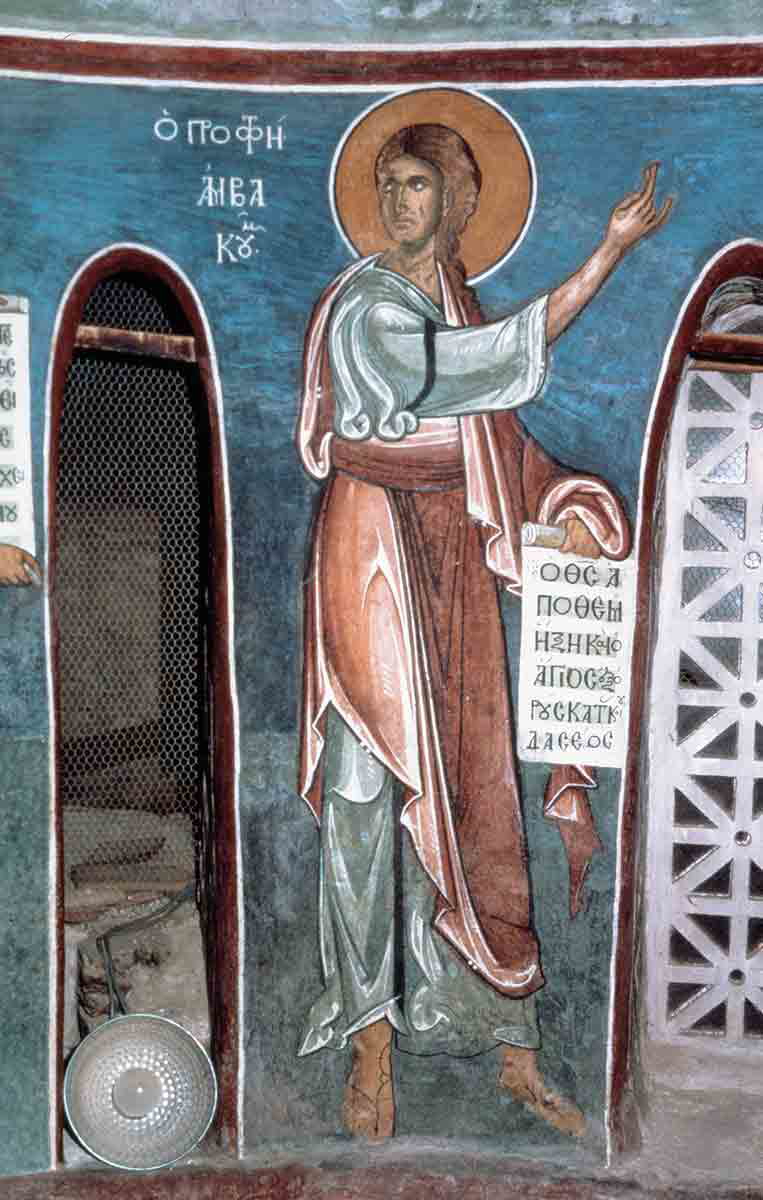
King Josiah worked toward reform in Judah. Hilkiah, the high priest, found the Book of the Law, likely a reference to Deuteronomy, which was lost sometime before, and a spiritual rejuvenation took place in Judah. Josiah destroyed the pagan altars in his nation and desired for his people to return to worshipping the God of Abraham, Isaac, and Jacob. Josiah, however, perished at the hands of Pharaoh Necho’s armies.
Jehoahaz, who ascended the throne after his father’s death, ruled for only three months when Pharaoh Necho deposed him and installed his brother, Jehoiakim, as king. Far from being a leader and reformer like his father, Jehoiakim’s reign was characterized by oppression, idolatry, and submission to the authority of Egypt.
Eventually, the Babylonians took control of Judah after the Battle of Carchemish (605 BCE). Jehoiakim was not strong enough to follow the guidance of prophets like Jeremiah, who warned of the consequences of his actions. It resulted in the people of Judah going into exile to Babylon, and later, in Jerusalem being destroyed in 586 BCE.
Structure
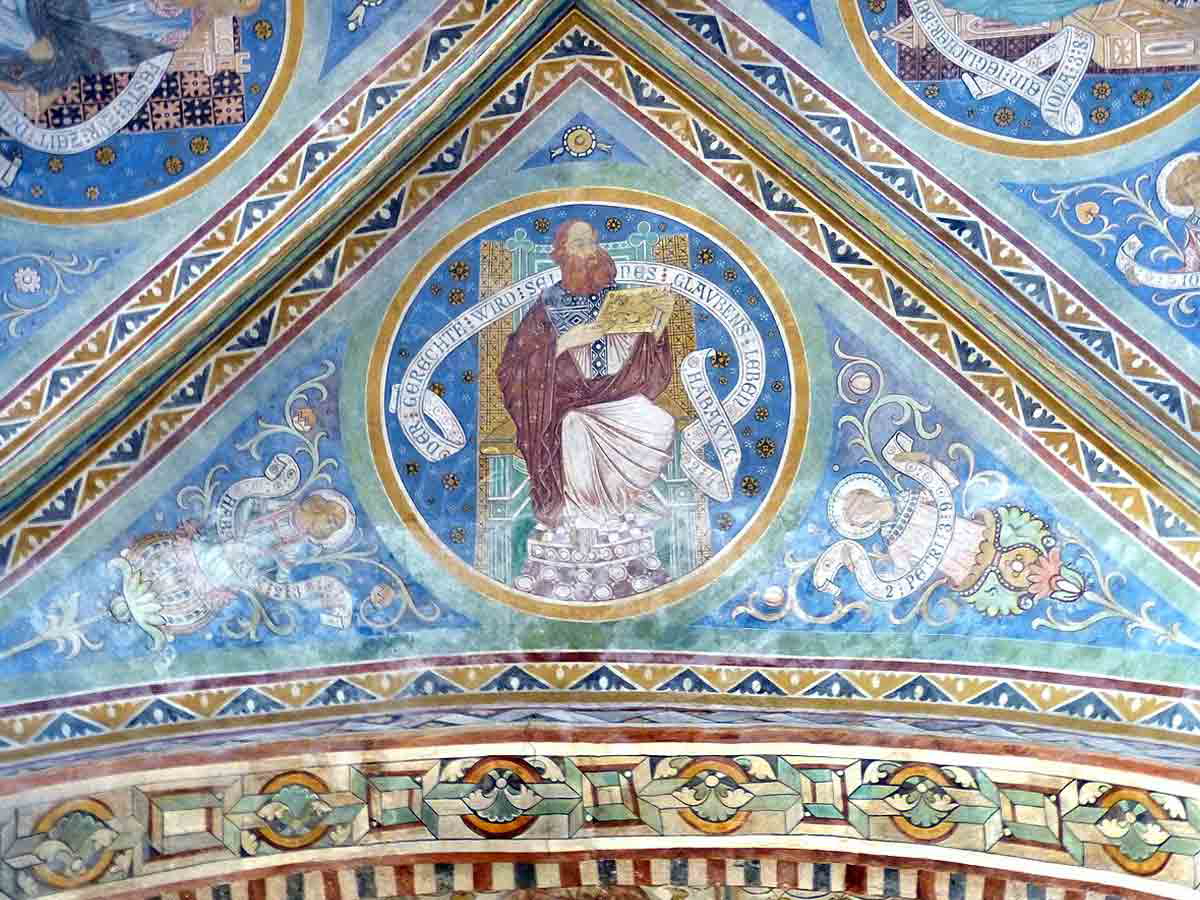
The Book of Habakkuk is a conversation between the prophet and God. It has a question-and-answer format and ends with a prayer by Habakkuk.
Introduction (Habakkuk 1:1)
The way translators rendered the first verse of Habakkuk creates a misconception about the book. Habakkuk did not see a vision. It would be more accurate to consider the conversation between Habakkuk and God as the insight the prophet gained rather than the kind of visions Daniel and Ezekiel received.
First complaint and answer (Habakkuk 1:2-11)
Habakkuk lodged his first complaint about the injustices he saw in Judah. He was puzzled as to why God did not act against these evils. God then answered Habakkuk, saying that Judah would be punished, and he was raising the Babylonians (Chaldeans) through whom the punishment would come.
Second complaint and answer (Habakkuk 1:12-2:20)
Habakkuk was perplexed by God’s decision to use the Babylonians to punish Judah. After all, sinful Judah was more righteous than the Babylonians. God then answered, explaining that the Babylonians would also be punished for their transgressions. God will, however, reward the faith of those who remain faithful to him.
Habakkuk’s prayer (Habakkuk 3)
Habakkuk uttered a song of prayer to God, indicating that he understood God’s plan. He also expressed his faith and trust in God with joy.
Main Themes
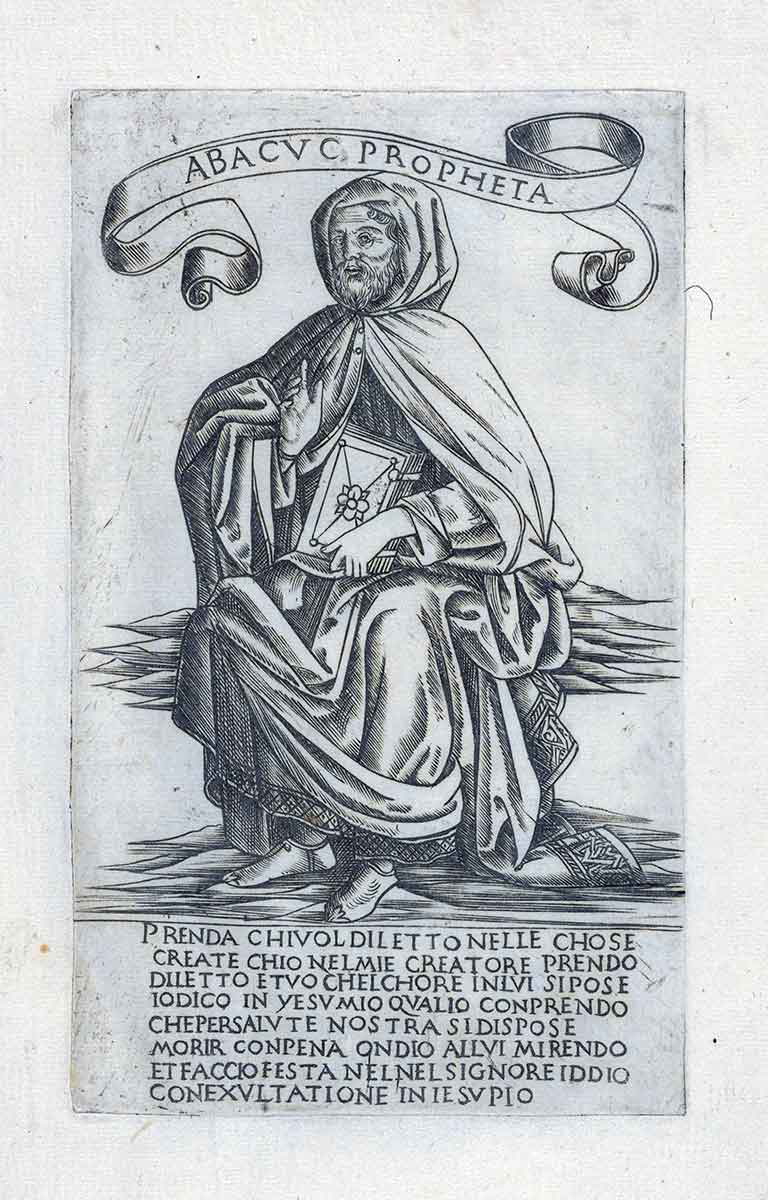
The Justice of God
God’s justice is the primary theme of Habakkuk. The prophet was intrigued by how what he saw happening around him could be reconciled with the justice of God. God revealed that his justice works in his time, which may seem slow from the prophet’s perspective, who seemed to think justice was not forthcoming.
God, however, revealed that the machinations of justice were already in place. God’s methods and instruments of justice may also seem strange from the mortal perspective. God would bring righteousness for many things that seemed unjust to man. The omniscience and omnipotence of God will not allow any injustice to go unpunished. Even the injustice done by the Babylonians while being an instrument of God’s justice will be accounted for.
Key Passages
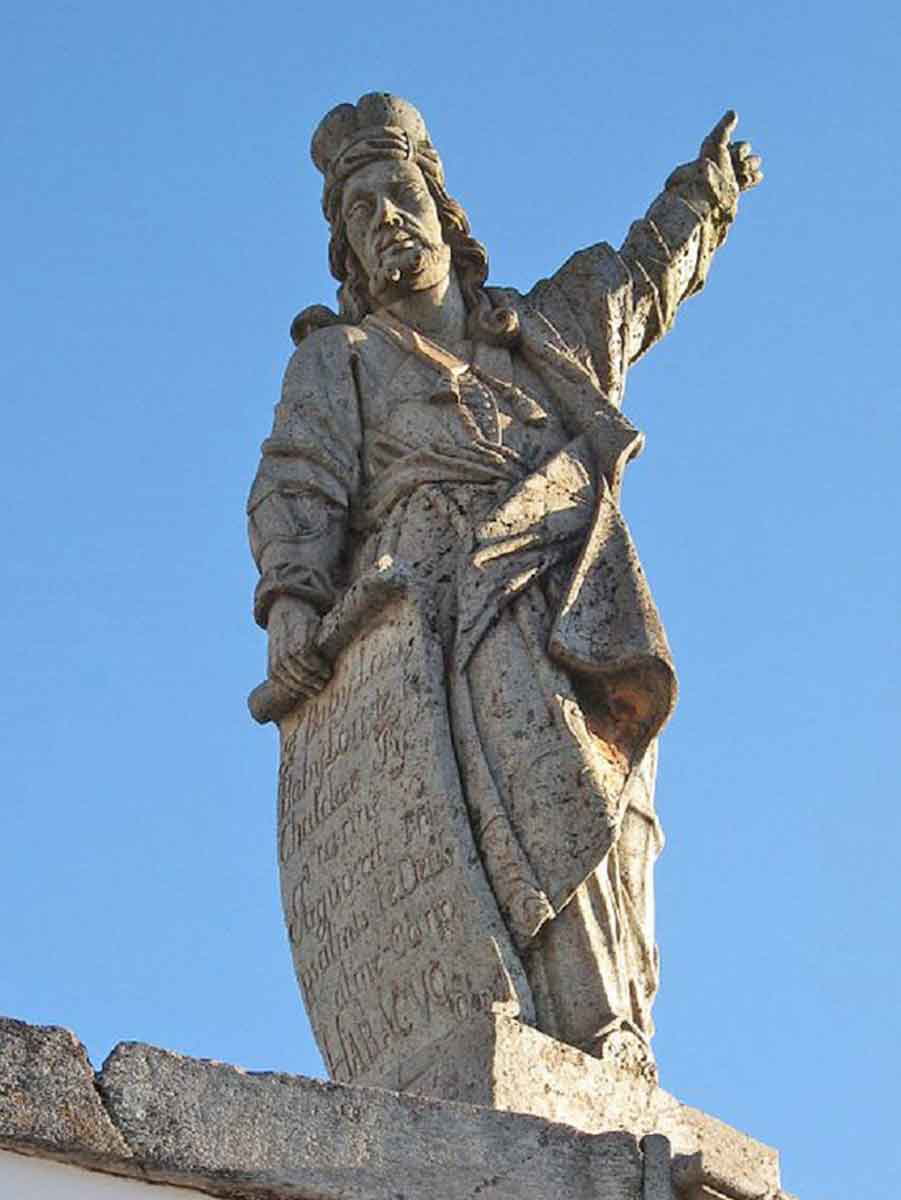
Habakkuk 1:2-4
“O LORD, how long shall I cry for help, and you will not hear? Or cry to you ‘Violence!’ and you will not save? Why do you make me see iniquity, and why do you idly look at wrong? Destruction and violence are before me; strife and contention arise. So the law is paralyzed, and justice never goes forth. For the wicked surround the righteous; so justice goes forth perverted.”
Habakkuk was perplexed by what he saw around him. From a human perspective, justice was perverted, but only for a time. Patience is a virtue to the believer who trusts in God’s justice.
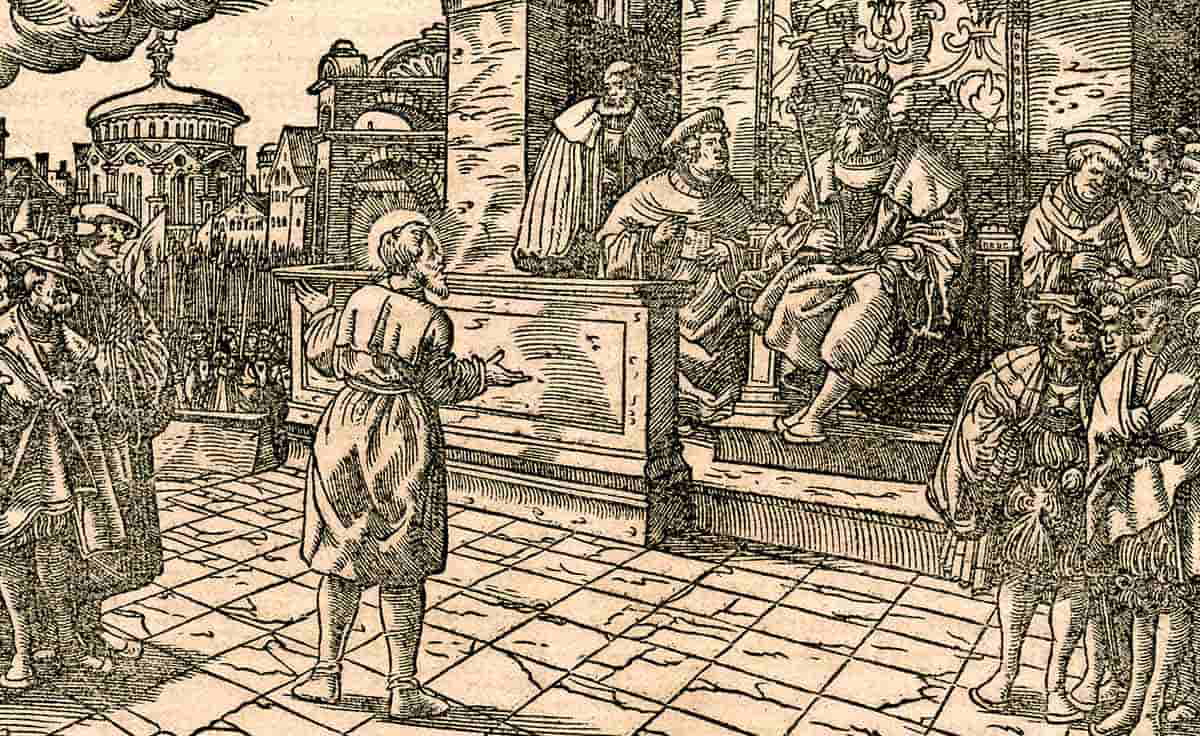
Habakkuk 1:5-6
“Look among the nations, and see; wonder and be astounded. For I am doing a work in your days that you would not believe if told. For behold, I am raising up the Chaldeans, that bitter and hasty nation, who march through the breadth of the earth, to seize dwellings not their own.”
God revealed that the Chaldeans, synonymous with the Babylonians, would be the instrument of justice to punish Judah for her indiscretions.
Habakkuk 1:13
“You who are of purer eyes than to see evil and cannot look at wrong, why do you idly look at traitors and remain silent when the wicked swallows up the man more righteous than he?”
It was a shock to Habakkuk’s system that God could use the godless to meet justice for Judah. God’s ways are not human ways. His ways may seem strange to the reader, but by faith, they can rest assured that in the end, justice will be done.
Habakkuk 2:2
“And the LORD answered me: ‘Write the vision; make it plain on tablets, so he may run who reads it.’”
There is no explicit instruction in Habakkuk for the prophet to preach to Judah. The instruction to write down the revelation, however, implies that the insight Habakkuk gained he had to share with the people of God. The phrase “so he may run who reads it” indicates the seriousness of the message and the urgency to take heed of it.
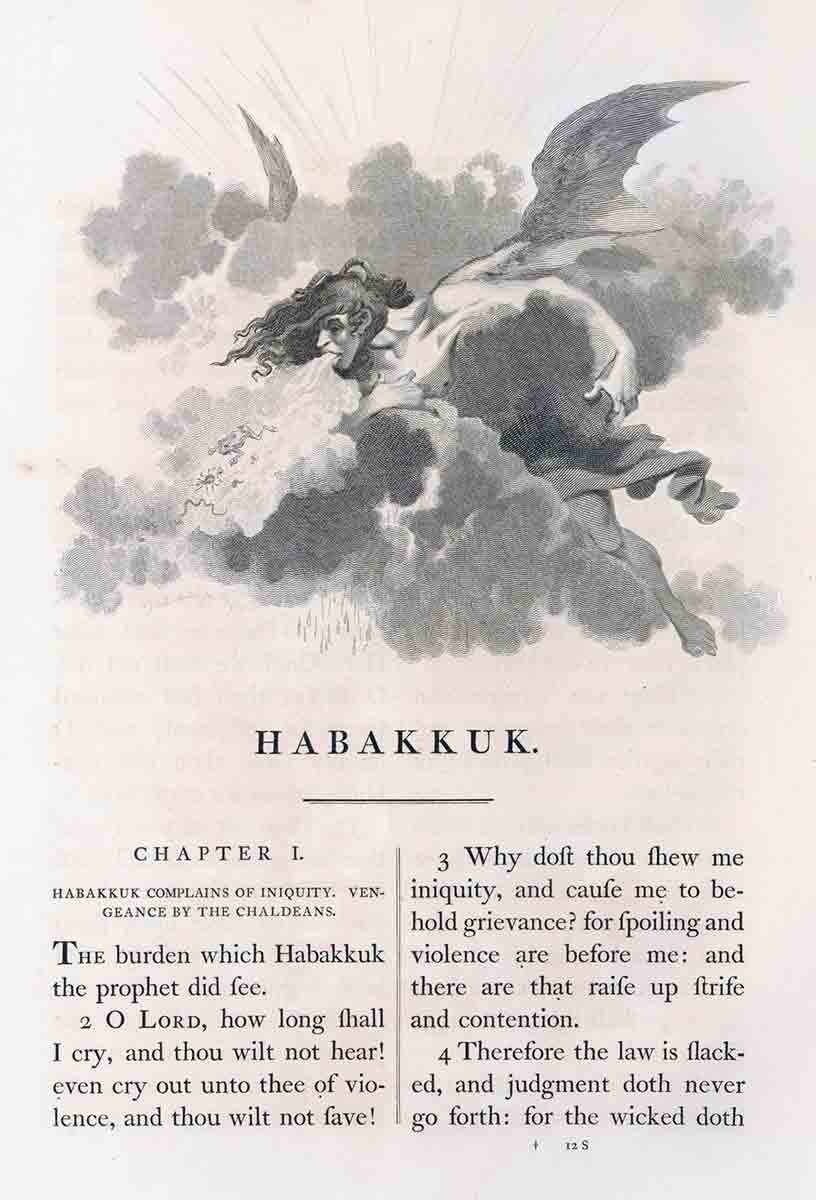
Habakkuk 2:4
“Behold, his soul is puffed up; it is not upright within him, but the righteous shall live by his faith.”
Many Christians believe that “the righteous shall live by his faith” is a New Testament concept. It is not. Habakkuk stated it expressly, while it is often implied and exemplified by many Old Testament characters. The Old Testament never teaches the idea of salvation by works.
Habakkuk 3:17-18
“Though the fig tree should not blossom, nor fruit be on the vines, the produce of the olive fail and the fields yield no food, the flock is cut off from the fold and there be no herd in the stalls, yet I will rejoice in the LORD; I will take joy in the God of my salvation.”
Living by faith means trusting in those things that may not be seen or manifest in some other way. Even in the absence of empirical evidence, the believer must find joy in the assurance of salvation.
Contemporary Relevance
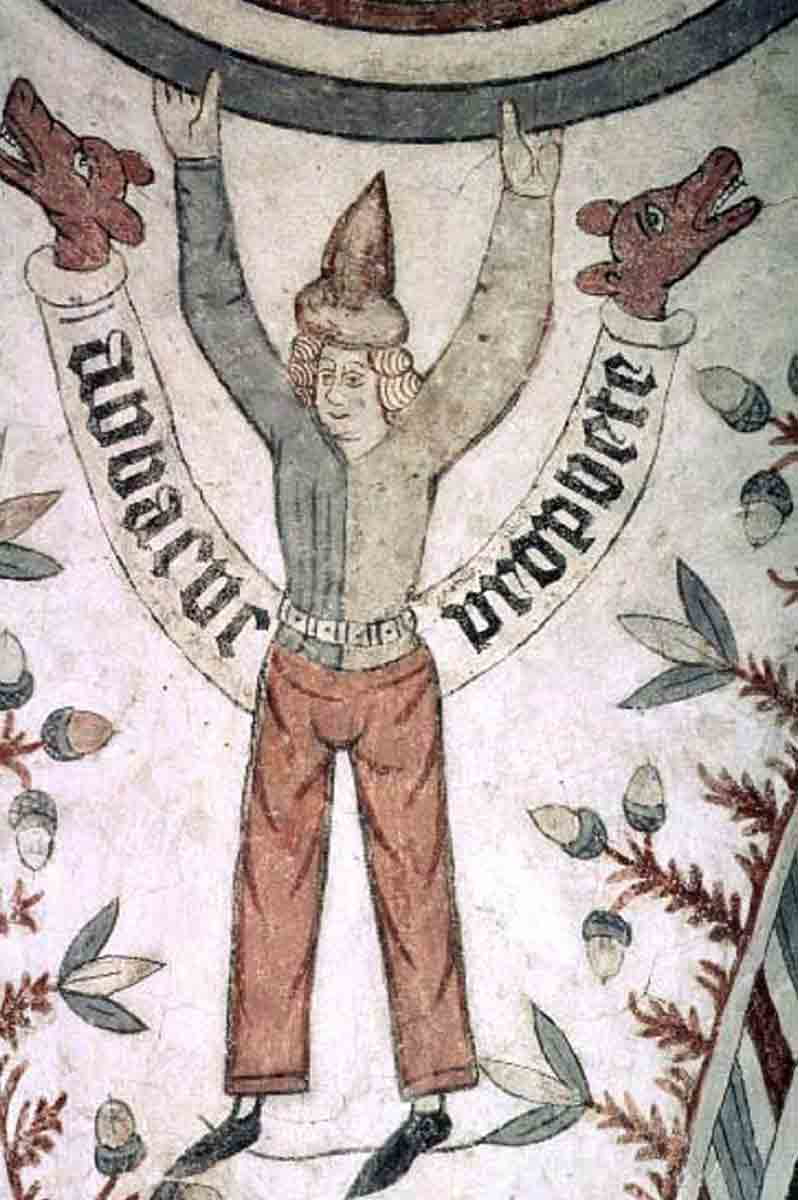
The problems of evil and suffering are timeless, and Habakkuk asked about God’s seeming inaction. The contemporary reader can find a partial answer in this prophetic book that assures the reader of God’s awareness and action, though not at the time and in the way we may expect. In the face of injustice, the phrase “the righteous shall live by his faith” (Habakkuk 2:4) rings true to every true believer who lives with the assurance that in the end, God will see that righteousness prevails.
